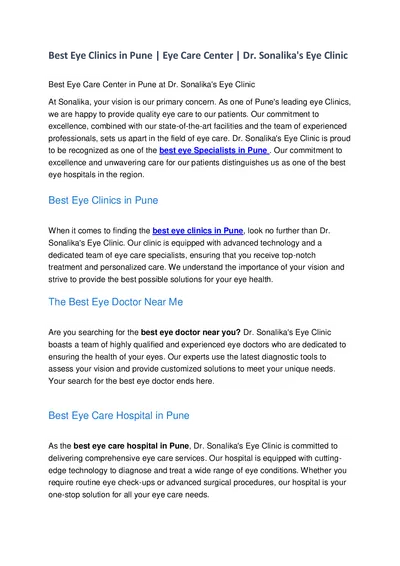PDF-(EBOOK)-Family Child Care Inventory-Keeper: The Complete Log for Depreciating and Insuring
Author : fatimahpablo | Published Date : 2022-06-28
The Family Child Care InventoryKeeper is an easytouse log that enables you to track the furniture appliances and other items you use in your homebased family child
Presentation Embed Code
Download Presentation
Download Presentation The PPT/PDF document "(EBOOK)-Family Child Care Inventory-Keep..." is the property of its rightful owner. Permission is granted to download and print the materials on this website for personal, non-commercial use only, and to display it on your personal computer provided you do not modify the materials and that you retain all copyright notices contained in the materials. By downloading content from our website, you accept the terms of this agreement.
(EBOOK)-Family Child Care Inventory-Keeper: The Complete Log for Depreciating and Insuring: Transcript
Download Rules Of Document
"(EBOOK)-Family Child Care Inventory-Keeper: The Complete Log for Depreciating and Insuring"The content belongs to its owner. You may download and print it for personal use, without modification, and keep all copyright notices. By downloading, you agree to these terms.
Related Documents














